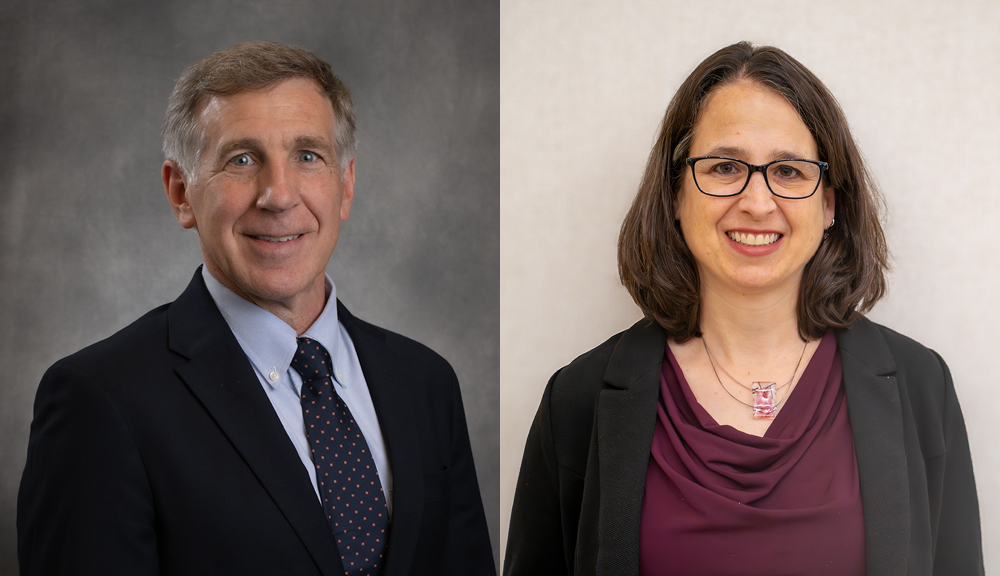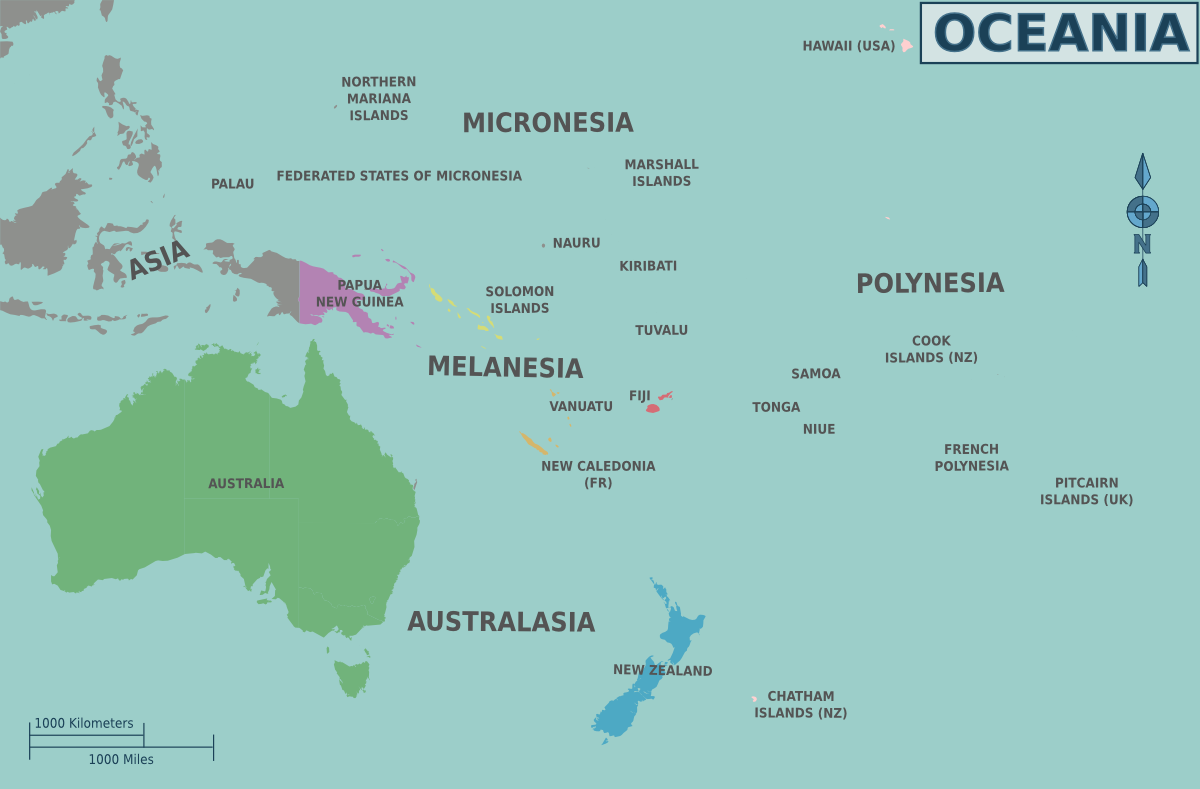Building on a pioneering project-based curriculum and adding to a legacy of experiential learning that has transformed the lives of thousands of students over the course of more than 40 years, Worcester Polytechnic Institute (WPI) has added five new destinations to its expansive network of global project centers.
Located in Wellington, New Zealand; Moscow, Russia; Mandi, India; Tirana, Albania; and Bar Harbor, Maine, the new centers bring to more than 35 the number of WPI project sites worldwide. The announcement of the new centers comes as students prepare to attend the Global Opportunities Fair on Sept. 4 from 4 to 6 p.m. in the WPI Campus Center to gain firsthand insight into the unique interdisciplinary project-based curriculum that has been the core of WPI’s undergraduate program since the early 1970s.
Unlike many colleges that offer classroom-style study-abroad programs, WPI gives students and faculty advisers the chance to get out of the classroom and tackle open-ended problems as part of their degree requirements.
The first project, typically undertaken in a student’s junior year, is a team-based effort that lies at the intersection of science, technology, social issues and human need. In that setting, WPI students work to meet pressing local needs, whether it’s establishing the first laundry facility in a rural community outside of Cape Town, South Africa, or improving community relations between a coal-burning power plant company and villagers in Mae Moh, Thailand. Such projects are the hallmark of WPI and truly distinctive among colleges in America. In the second project, usually taken on in the senior year, students work on professional-level challenges in their specific fields of study.
"The expansion of WPI’s project centers will undoubtedly light the fire of enthusiasm in our students," said Richard F. Vaz, dean of WPI’s Interdisciplinary and Global Studies Division, who also serves as director of the university’s Bangkok Project Center. "We want to create excitement not just for the chance to work in another part of the world but for the opportunity to engage in interesting and useful projects."
The new project centers offer countless opportunities for WPI students. The Bar Harbor site debuted this summer, the New Zealand project site will be offered in the spring of 2013, and the university is about to recruit the first teams of students who will venture to Russia, India and Albania during the 2013-2014 academic year.
Bar Harbor projects involve research into the preservation, improvement, appreciation, and sustainability of the natural environment. Projects in New Zealand will involve collaboration with government and non-government organizations on issues related to environment, technology and society.
Moscow projects will focus on the marketing and commercialization of small appliances, industrial safety, and preservation of cultural heritage and nature sites. Students in India will collaborate with the Indian Institute of Technology on social and environmental issues such as land use and water quality. Albania projects will focus on environmental issues, education, tourism and business.
Dominic Golding, co-director of WPI’s London Project Center and director of the Nantucket Project Center, said a recent alumni survey revealed that students gained immeasurable value from the projects. "What we’ve found is that the project experiences have a dramatic impact on students’ lives that they may not realize until years later," he said. "It clearly impacts their professional persona and it ultimately ends up changing the way they view themselves and the world."
Ryan Kendrick (’08), said his project work in Windhoek, Namibia, was a life-changing event. Kendrick and his classmates helped residents of nearly 4,000 unelectrified settlements in Namibia develop renewable energy businesses.
"Before I went to Namibia, I understood the technical aspects of engineering, but that just isn’t enough," said Kendrick. "You need to understand the human context. All engineering schools will teach you engineering, but when you have the opportunity to work on a project like this, you see why it matters."
Students have the opportunity to apply to project centers in dozens of cities worldwide, including Boston, Washington, D.C., and Santa Fe, N.M., domestically and London, England; Venice, Italy; and Cape Town, South Africa, overseas.
Vaz is pleased with the progress of the project centers, noting that opening up global centers has become a scalable and sustainable paradigm for WPI. "We’re excited about the continued expansion of project centers globally," he said. "We are able to replicate the project center concept in any corner of the world, which allows students and their advisers to have a truly meaningful educational experience."
Sustainability serves as a common theme for the projects, many of which address problems dealing with energy, the environment, sustainable development, education, cultural preservation, and technology policy. For example, projects completed in Cape Town, South Africa, focus on community capacity building, energy sustainability, and water resource management. In Washington, D.C., students have recommended new policies to the Consumer Products Safety Commission and helped the National Science Foundation evaluate the impact and effectiveness of its programs.
In recent years, many students have elected to do their project work in Worcester as a means of supporting the city in which they are being educated and to help solve specific challenges. Corey Denenberg Dehner, co-director of the Worcester Project Center, which will focus on community empowerment and environmental responsibility, said the center is aiming to have students tackle both grassroots environmental issues as well as public sector challenges facing the region.
In the past, students have worked with a Worcester-based AIDS support organization to develop community gardens to improve nutrition, and conducted a study that resulted in a local school erecting a 600-kilowatt wind turbine to meet its energy needs.
"These two parallel themes will allow students to get a better understanding of issues in their own backyard while learning how to apply those new findings," she said.
In the end, students’ ability to experience other cultures and make an impact holds untold benefits.
"The project experience seeps into students’ lives in ways they can’t imagine," said Golding. "It affects the way they interact with their colleagues, it helps them gain perspective on the project at hand, and it gives them the capacity to listen to others. It’s truly a transformative experience."


